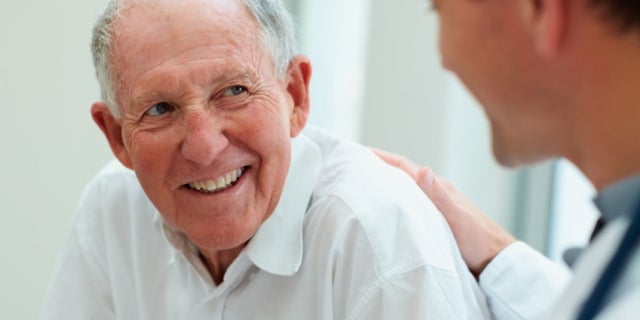Prostate Health: Understanding BPH
You may be familiar with the term “BPH” from commercials on the television or radio, but what does it mean and how does it affect your risk of developing prostate cancer? First, let’s understand what BPH stands for – benign prostatic hyperplasia. Benign means “not cancerous”. Hyperplasia means there is abnormal cell growth. BPH is a prostate that has become enlarged. The good news – it is not prostate cancer and will not lead to prostate cancer. However, men with BPH experience similar symptoms to prostate cancer. If you have BPH, here are typical symptoms:
·Trouble starting a urine stream or weak flow.
·The feeling to urinate often, especially at night.
·Feeling that the bladder does not fully empty after using the restroom.
·A strong or sudden urge to urinate.
·Interrupted urine flow.
·Straining to begin passing urine.
For some men, symptoms of BPH are mild and do not disrupt daily life. However, more severe cases of BHP can lead to a weak bladder, kidney infections due to backflow of urine or kidney failure due to complete urine obstruction.
As men age, the prostate grows, from around the size of a walnut in their 20s to up to the size of a lemon by their 60s. This growth can cause the prostate to push against the bladder and the urethra. Over time, men can experience changes symptomatic to BPH. While BHP cannot be prevented or cured, patients can seek relief through medication and/or surgery, depending on the severity of the symptoms.
Other methods to help reduce symptoms include:
·Limiting drinking in the evenings, especially alcohol and caffeine.
·Try to completely empty the bladder each trip to the restroom. Going twice can also help.
·Relax before using the restroom and don’t rush.
·Don’t wait too long to use the restroom. Go often.
·Stay hydrated. Do not try to limit what you drink to reduce the urge to urinate, as it can cause dehydration, which can lead to other problems.
·Talk with your doctor about medications which may make urination difficult like antihistamines, decongestants and allergy medicine.
If you are experiencing symptoms of BPH, it is important to talk to your health care provider.
Please join us for a free seminar Friday, July 24 at 8 a.m. with Dr. Clark Tingleaf on Prostate Health in the Bailey Education Foundation Auditorium. A complimentary breakfast will be offered at 7:30 a.m. To register, please call 918-376-8599.

